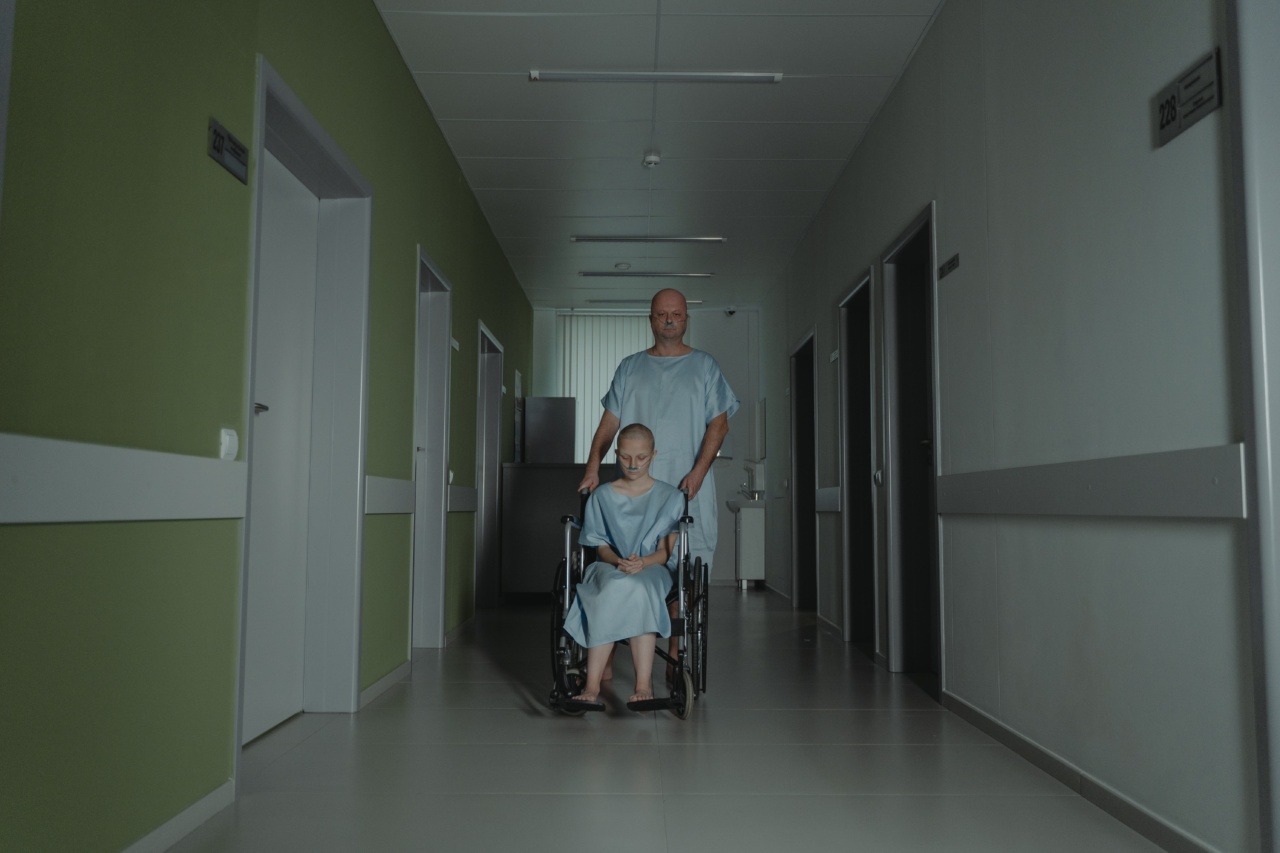Cancer is a devastating disease that affects millions of people worldwide. It is a condition that requires a multi-disciplinary approach for effective treatment and management.
Surgery and medication are two crucial components of cancer treatment that often work hand in hand to provide the best chance of survival and improved quality of life for patients. In this article, we will explore the importance of surgery and medication as a life-saving combination for cancer patients.
Surgery: A Key Component of Cancer Treatment
Surgery plays a critical role in the management of various cancers. It is commonly used as a primary treatment option for localized tumors that have not spread to other parts of the body.
The primary goal of surgery is to remove the tumor completely, thereby eliminating cancer cells and preventing further growth and spread.
There are different types of surgical procedures depending on the type, size, and location of the tumor. Some common surgical interventions include:.
1. Curative Surgery
This type of surgery aims to remove the entire tumor along with any nearby lymph nodes or tissues that may be affected. Curative surgery is typically performed when the cancer is confined to a specific area and has not metastasized.
2. Preventive Surgery
Preventive surgery, also known as prophylactic surgery, is performed in individuals who have a high risk of developing cancer.
This approach involves removing tissues or organs that are at a high risk of developing cancer in the future, reducing the chances of cancer occurrence significantly.
3. Palliative Surgery
Palliative surgery aims to relieve symptoms and improve the quality of life for individuals with advanced cancer. It involves removing or reducing the size of tumors that are causing pain, blockages, or other complications.
Surgery alone may not be sufficient to eradicate cancer entirely, especially when the disease has spread to other parts of the body. This is where medication, specifically chemotherapy and targeted therapy, comes into play.
Medication: Enhancing the Efficacy of Cancer Treatment
Medication, particularly chemotherapy, is widely used as a complementary treatment modality to surgery. It involves the administration of drugs that target and kill cancer cells throughout the body, even those that cannot be surgically removed.
Chemotherapy works by interfering with the cell division process, which is crucial for cancer cells to grow and multiply.
The drugs used in chemotherapy can be administered orally, intravenously, or directly into specific body cavities, depending on the type and stage of cancer being treated.
Chemotherapy: An Integral Part of Cancer Treatment
Chemotherapy is commonly used before surgery (neoadjuvant chemotherapy) to shrink tumors, facilitating their removal.
It can also be administered after surgery (adjuvant chemotherapy) to destroy any remaining cancer cells and reduce the risk of recurrence.
Targeted therapy is another type of medication that has revolutionized cancer treatment.
Unlike chemotherapy, which affects both healthy and cancerous cells, targeted therapy specifically targets certain molecules or genetic mutations that are unique to cancer cells.
This type of therapy has shown great promise in the treatment of certain cancers such as breast, lung, and colorectal cancer.
By blocking specific pathways or proteins involved in cancer growth, targeted therapy can effectively inhibit tumor progression and improve treatment outcomes.
Combining Surgery and Medication: The Synergistic Effect
The combination of surgery and medication offers significant advantages in the treatment of cancer. Both modalities complement each other by targeting different aspects of the disease, maximizing the chances of successful treatment.
When surgery removes the primary tumor and any visible metastases, it reduces the cancer burden in the body.
This, in turn, allows medication to target any residual cancer cells that may have spread to distant sites, preventing the formation of new tumors and minimizing the risk of recurrence.
Addition of medication to surgical treatment can also help in treating micro-metastases, which are small groups of cancer cells that cannot be detected through medical imaging.
These micro-metastases often play a significant role in cancer relapse and progression. Medication, such as chemotherapy or targeted therapy, can target these microscopic cancer cells and prevent their growth.
The Role of Medication in Advanced Cancer
In cases where the cancer has spread extensively and surgical removal is not feasible, medication becomes the mainstay of treatment. This is often referred to as systemic treatment, as it targets cancer cells throughout the body.
Chemotherapy, targeted therapy, and other forms of medication can help shrink tumors, relieve symptoms, and prolong survival in advanced stages of cancer.
They can also enhance the effectiveness of other treatments such as radiation therapy or hormone therapy.
Furthermore, medication can be used to manage the side effects of surgery, such as pain, inflammation, or complications. It plays a crucial role in optimizing post-operative care and ensuring a smooth recovery for cancer patients.
Conclusion
Cancer treatment requires a comprehensive approach that includes surgery and medication.
The combination of these two modalities offers a synergistic effect, improving treatment outcomes and increasing the chances of long-term survival for cancer patients.
Surgery is vital for removing tumors, reducing the cancer burden, and preventing further spread.
Meanwhile, medication, including chemotherapy and targeted therapy, is crucial for controlling cancer cells that may have escaped surgery and treating cancer that has spread to distant sites.
By utilizing the life-saving combination of surgery and medication, healthcare professionals can provide the best possible care for cancer patients and give them hope for a brighter future.





















